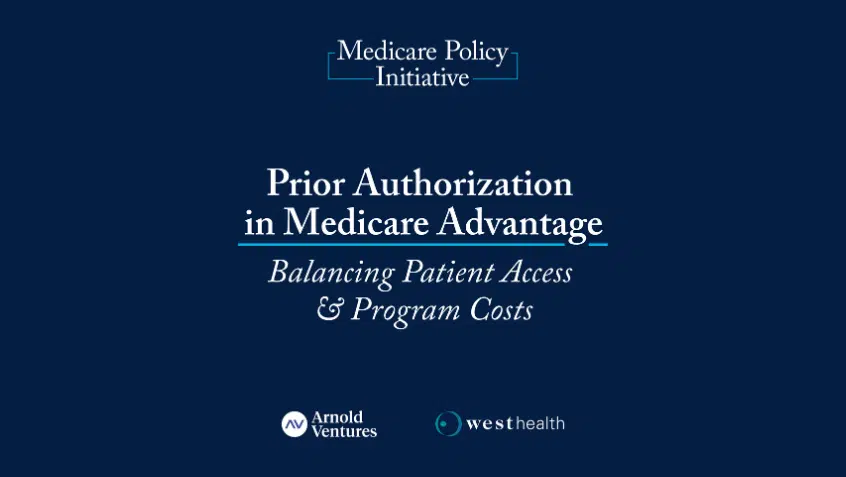📢 Action Needed: Tell Congress to Protect Federal Funding
Proposed Rule Would Help Formerly Incarcerated People Gain Medicare Coverage

This week, the Centers for Medicare & Medicaid Services (CMS) released a proposed rule that would narrow Medicare’s definition of “custody” relating to jail or prison. We applaud this important step that would help formerly incarcerated people gain access to meaningful Medicare coverage.
In general, when people are held in custody in jail or prison, they are not financially obligated to pay their own medical bills. Instead, their care is provided by the local, state, or federal system where they are held. By law, Medicare is not permitted to cover services for people who do not have a financial obligation to pay for their care, so even if a person is already enrolled in Medicare during their incarceration, they cannot generally access Medicare coverage.
For the most part, individuals who are released from incarceration and are out on probation, parole, or home detention do not have health care provided for them by penal authorities. But the current Medicare rule defines “custody” overly broadly to include these individuals, preventing them from accessing Medicare coverage for needed health care. This diverges from the custody definition used by Medicaid or for Affordable Care Act (ACA) plans, which is narrower, allowing people not currently serving time in prison — such as those on parole or probation — to sign up and access covered care.
In our comments on BENES Act implementation, we explicitly flagged this discrepancy, noting that it created burdens for individuals and could complicate the Special Enrollment Period (SEP) for people leaving incarceration.
The proposed rule would bring the Medicare rule into better alignment with Medicaid and ACA plans by narrowing the definition of “custody” so that it no longer includes people on bail, parole, probation, or home detention. Instead, it would apply “if the individual is under arrest; confined in jail, prison, penitentiary, or similar institution while awaiting trial (that is, the person has not yet been convicted); or confined in jail, prison, penitentiary, or similar institution following conviction for any period of time.”
The proposed rule would also revise the SEP for people leaving incarceration to link it to initiation or reinstitution of Social Security benefits, rather than the new custody definition. This would better allow the Social Security Administration to track eligibility and simplify the administration of the SEP.
Medicare Rights strongly supports efforts to streamline enrollment and eligibility for Medicare coverage and we joined with dozens of other advocacy groups to encourage this change.
These pieces are part of a much larger proposed rule that makes annual changes to hospital outpatient payment. We will be assessing those changes through the coming weeks.
Read our comments asking CMS to revise its definition of custody.
Read a letter asking CMS to revise its definition of custody.
The Latest
Most Read
Add Medicare to Your Inbox
Sign up to receive Medicare news, policy developments, and other useful updates from the Medicare Rights.
View this profile on InstagramMedicare Rights Center (@medicarerights) • Instagram photos and videos









